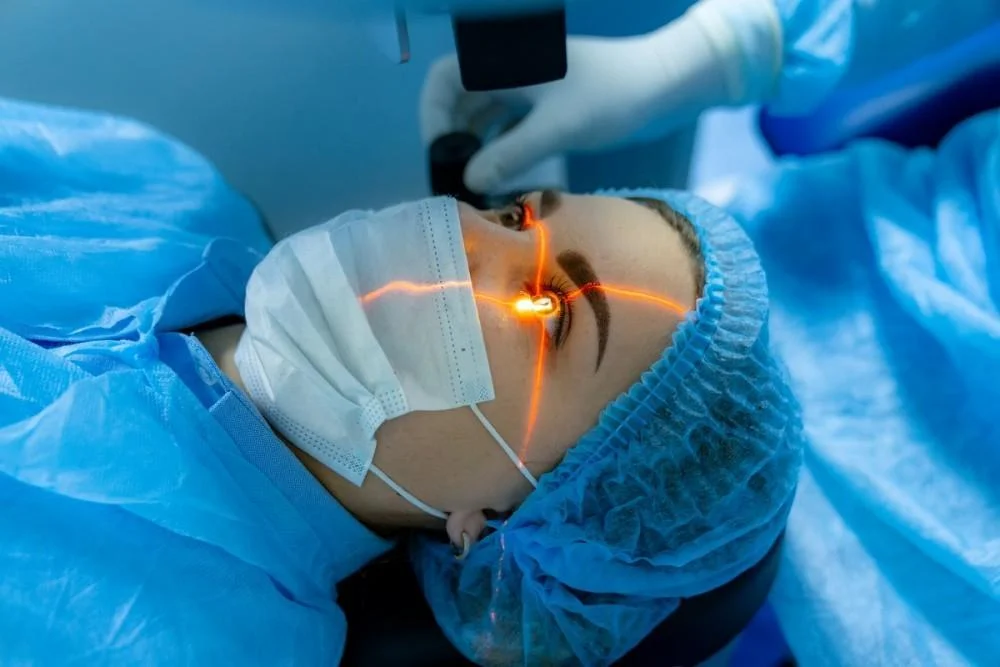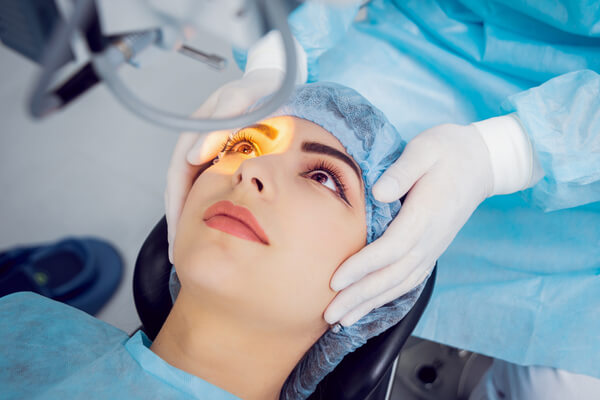A prevalent eye ailment, particularly as individuals age, is cataracts. They occur when the eye’s natural lens becomes cloudy, leading to blurry vision and sometimes sensitivity to light. Fortunately, cataract surgery offers a safe and effective solution to restore vision clarity. However, understanding the symptoms and recovery process is essential for anyone considering the procedure. Here’s a detailed look at what cataracts are, how to recognize symptoms, and what to expect during recovery.
What Are Cataracts?
Cataracts are the clouding of the eye’s lens, which lies behind the iris and pupil, and they can make cataract surgery recovery essential for restoring clear vision. As cataracts develop, they block or distort light, making it difficult to see clearly. The condition often progresses slowly, meaning symptoms can go unnoticed in the early stages. Over time, though, cataracts can cause significant vision problems, making daily activities challenging and even dangerous.
Recognizing the Symptoms of Cataracts
How can one determine whether they may have cataracts? Here are some common signs to watch for:
- Blurry Vision – One of the earliest symptoms of cataracts is blurry or cloudy vision. This can make reading, driving, and other daily tasks difficult.
- Difficulty Seeing at Night – Cataracts can make night vision challenging, causing problems for those who drive after dark. Lights may seem glaring, and street signs may be hard to read.
- Sensitivity to Light and Glare – Bright lights may become painful or uncomfortable, particularly during the day.
- Double Vision in One Eye – While less common, some people experience double vision in one eye as cataracts develop.
- Fading or Yellowing of Colors – Colors may appear less vivid, often with a yellowish tint. People with advanced cataracts often describe the world as looking dull or faded.
The Cataract Surgery Procedure
Cataract surgery is a quick, straightforward outpatient procedure. During the surgery, the cloudy lens is replaced with a clear artificial lens, taking about 15 to 30 minutes. Local anesthesia is used, so patients are awake but feel minimal discomfort.
With a high success rate, most patients experience significant vision improvement. However, a smooth recovery requires following specific guidelines and allowing adequate healing time.
What to Expect During Recovery
Understanding what to expect during recovery can make the process smoother and more comfortable. Here are some common steps:
- Immediate Post-Surgery Care: Vision may be blurry, and mild discomfort like itching is common. Avoid rubbing the eye.
- Eye Protection: Use an eye shield at night to prevent accidental rubbing and wear sunglasses outdoors for light sensitivity.
- Follow-Up Visits: Attend regular appointments to monitor healing and check vision progress.
- Activity Restrictions: Avoid heavy lifting, strenuous activities, and swimming for at least a week to reduce eye strain and prevent complications.
When Should You Contact Your Doctor?
While cataract surgery is generally safe, it’s essential to monitor for any unusual symptoms. Patients should contact their doctor if they experience severe pain, redness, or sudden vision changes after surgery. Minor discomfort is normal, but persistent issues or worsening symptoms should be evaluated promptly.
Choosing a Cataract Surgeon: Why Expertise Matters
Finding a qualified cataract surgeon is crucial for achieving the best results. Experienced surgeons provide detailed guidance before and after surgery, setting realistic expectations for recovery. A skilled surgeon can offer insights into managing symptoms, preparing for the surgery, and maximizing recovery outcomes.
Cataract surgery can greatly improve the quality of life for those with cloudy vision, night blindness, or other cataract issues. Recognizing symptoms early and seeking timely advice allows for effective treatment and a quick return to clear vision. Although cataract surgery recovery is generally straightforward, following prescribed treatments, avoiding strenuous activities, and using prescribed eye drops can make a big difference. With patience and care, patients can look forward to improved vision, making the recovery journey well worth the effort.


